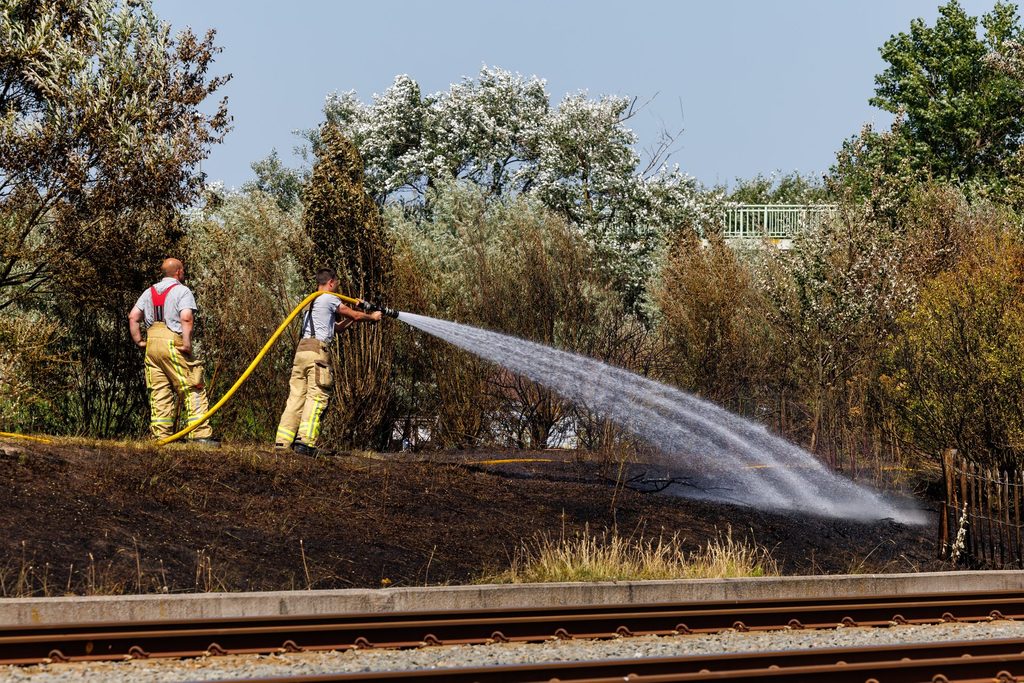The compounding impact of climate change is making summers in Europe hotter and dryer, posing an ever-greater threat to human well-being.
On Wednesday, the European Environment Agency issued several warnings about likely summer hazards. Specifically, these include heatwaves, floods, droughts, wildfires and climate-sensitive diseases that are all set to increase in scale in frequency. Yet it warns that EU states are doing too little to prepare.
"To prevent further losses we need to urgently move from responding to extreme weather events... to proactively preparing for them," EEA expert Aleksandra Kazmierczak told AFP.
The EEA monitors plans and measures put in place by Member States. It highlights several blind spots in European nations' policies, notably in the areas of health, urban green spaces and agriculture.
Urban areas at risk
As heatwaves grow more severe, Member States are not doing enough to mitigate the health risks that come with rising temperatures. Whilst most countries recognise the impacts of heat on cardiovascular and respiratory systems, less than half have measures in place for dehydration and heat stroke.
"Heatwaves are the deadliest extreme weather events in Europe and the increasing vulnerability of the European population due to ageing and urbanisation requires urgent implementation of measures to prevent loss of life," the agency stated.
Built-up European cities risk becoming heat traps as urban centres can be up to 10°C warmer than rural areas in Europe, largely a consequence of the higher heat storage in surfaces, which create a heat island effect.

A hunger stone was revealed by the lower water level of the Elbe River in the Czech Republic. Severe droughts uncovered the centuries-old markings. Credit: Norbert Kaiser / Wikimedia Commons
These areas tend to concentrate key services and their lack of adaptability to heat will cause further disruptions. The EEA explained that almost 50% of hospitals and 40% of schools are at least 2°C warmer than the rest of the region.
In Brussels, 22% of hospitals and 29% of schools are located on an urban heat island that is over 2°C warmer than the neighbouring areas, according to the EEA.
It is therefore essential to increase urban green spaces to build resilience for extreme weather events. These can also reduce the risk of flooding and provide "early warnings for climate-sensitive infectious diseases".
Related News
- €336 billion: Banks, pension funds are major European fossil fuel investors
- Belgium at high risk of becoming a seasonal heat trap
- Overheating cars and fire dangers: Preparing for 'tropical' weekend heat
The environment agency warns that rising temperatures can see disease-carrying species spread further north. For example, a zika-carrying mosquito species is already present in Europe and is "expanding its territory". Malaria, dengue fever and Lyme disease are other illnesses that could spread more easily due to rising temperatures.
"Nearly 195,000 fatalities have been caused by floods, storms, heat- and coldwaves, forest fires and landslides" from 1980 until 2021. During the same period, the environment agency estimated that extreme weather events caused economic losses of up to €560 billion.

